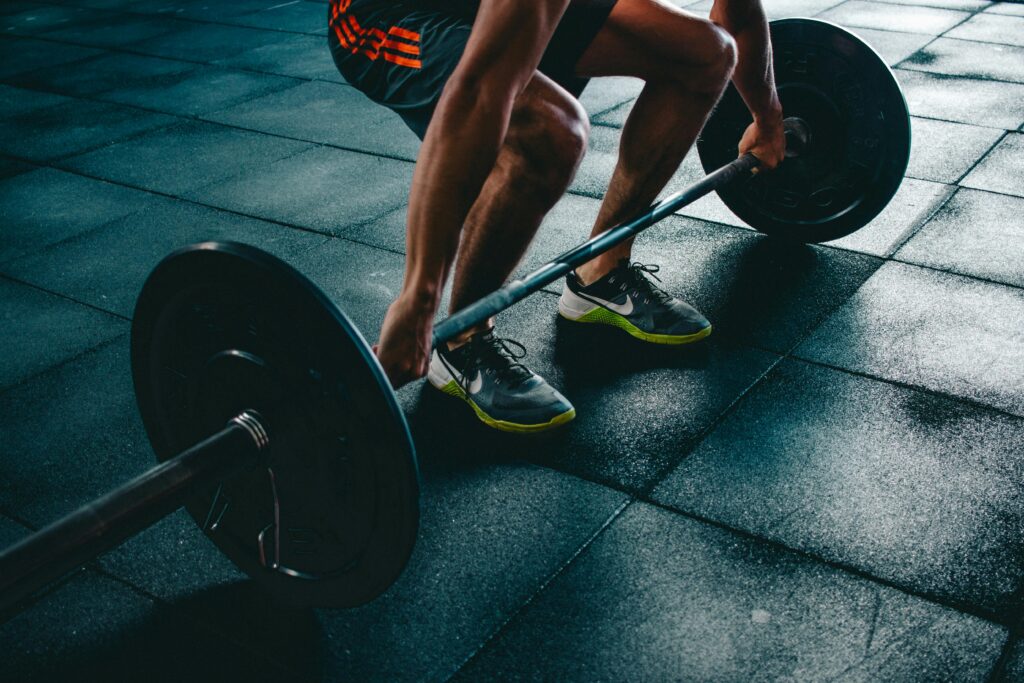Intravenous (IV) drip therapy has gained popularity among athletes seeking to enhance performance, accelerate recovery, and support overall health. The concept involves delivering fluids, vitamins, minerals, and amino acids directly into the bloodstream, bypassing the digestive system, which proponents claim allows for faster and more complete absorption.
Key Benefits Attributed to IV Drips for Athletes:
- Enhanced Hydration: A primary reason for IV use in athletes. Intense training and competition lead to significant fluid and electrolyte loss through sweat. Intravenous administration ensures rapid and effective replenishment of these losses, crucial for maintaining performance and preventing cramps.
- Accelerated Muscle Recovery: IV drips can contain amino acids (the building blocks of proteins) that support muscle repair and growth, reducing soreness and speeding up the regeneration process after exertion. They may also include components that help reduce inflammation.
- Boosted Energy and Endurance: B vitamins (especially B1, B2, B3, B5, B6, B12) play a key role in energy production and metabolism. Their direct delivery can provide a quick energy boost and improve stamina.
- Improved Nutrient Absorption: Unlike oral supplements, which can be partially broken down or poorly absorbed in the digestive system, intravenous administration ensures 100% bioavailability of the delivered substances.
- Immune System Support: Intense training can temporarily weaken the immune system. IV drips with high doses of Vitamin C, zinc, and other immune-boosting nutrients can help strengthen immunity and reduce the risk of illness.
- Reduced Inflammation and Muscle Soreness: Certain components, such as glutathione and Vitamin C, possess antioxidant properties and can help reduce oxidative stress and inflammation, contributing to faster recovery.
Typical Ingredients in IV Drips for Athletes:
- Saline Solutions (Normal Saline or Lactated Ringer’s): The base for hydration.
- Electrolytes: Sodium, potassium, magnesium, calcium – essential for maintaining fluid balance, muscle function, and nerve impulses.
- Vitamins:
- B-Complex Vitamins: For energy production, metabolism, nervous system function, and red blood cell formation.
- Vitamin C (Ascorbic Acid): A powerful antioxidant, supports immunity, collagen synthesis, and reduces inflammation.
- Amino Acids: The building blocks of proteins, supporting muscle repair and growth. Commonly used are BCAAs (leucine, isoleucine, valine), L-carnitine, taurine, arginine.
- Glutathione: A potent antioxidant, supporting detoxification and cellular repair.
- NAD+ (Nicotinamide Adenine Dinucleotide): An important coenzyme involved in energy metabolism and cellular repair.
When Athletes Might Use IV Drips:
- Before Competitions/Intense Training: To ensure optimal hydration and nutrient levels, enhancing endurance.
- After Competitions/Intense Training: To accelerate recovery, reduce muscle soreness and fatigue, and replenish lost electrolytes and nutrients.
- During Recovery Periods: To support overall health and strengthen the immune system.
Potential Risks and Precautions:
While IV drips for athletes are generally considered safe when administered correctly, it’s important to be aware of potential risks:
- Side Effects at the Injection Site: Bruising, swelling, tenderness.
- Risk of Infection: If the procedure is performed in non-sterile conditions.
- Allergic Reactions: To specific components of the IV drip.
- Fluid Overload: In rare cases, this can occur in individuals with certain medical conditions (e.g., heart failure), potentially straining the cardiovascular system.
- Electrolyte Imbalance: An improperly formulated IV drip could lead to electrolyte imbalances.
- Lack of Regulation: The IV therapy market isn’t always strictly regulated, so it’s crucial to choose reputable clinics and qualified professionals.
Important Note: It is always recommended to consult with a physician or a qualified sports medicine specialist before undergoing IV therapy. They can assess your individual needs, health status, and any potential contraindications, as well as recommend the most appropriate IV drip composition and regimen. IV drips should complement a balanced diet, adequate oral hydration, and sufficient rest, not replace them.
